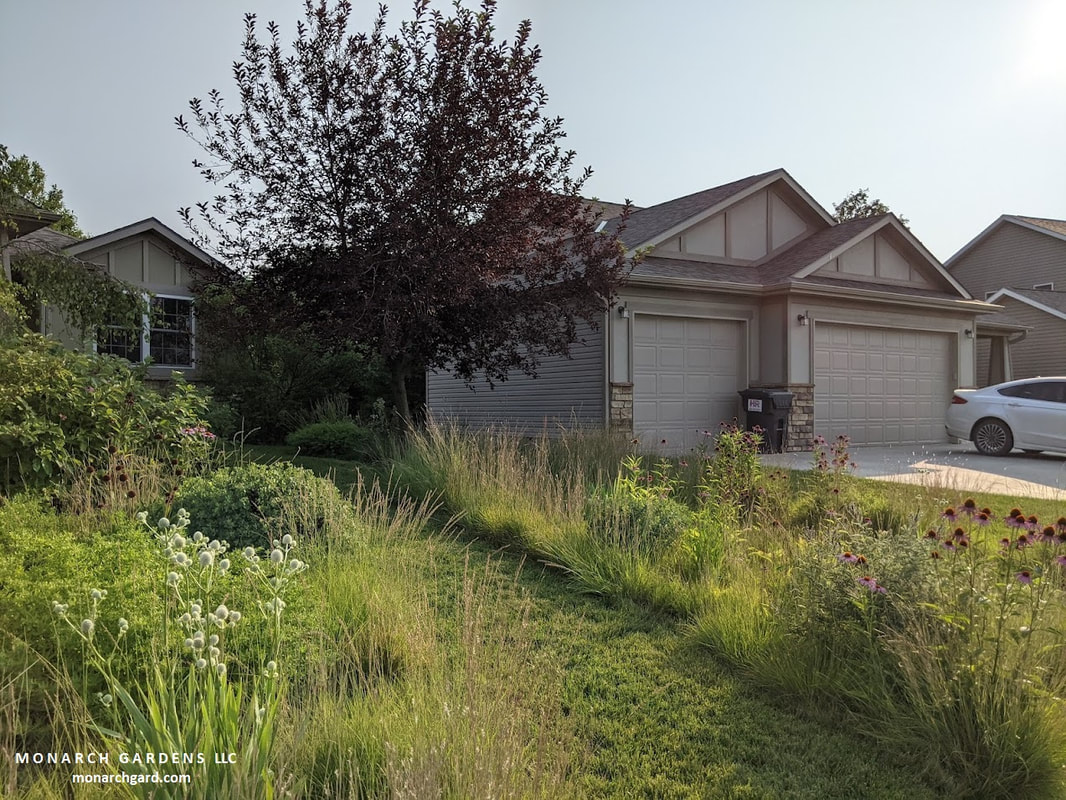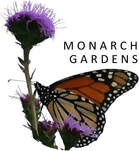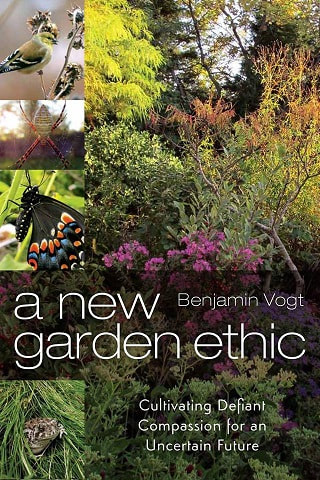I can't tell you how many clients come to me lamenting a spouse who loves their lawn because, in part, it is easy maintenance. I think, though, "easy" is getting confused with "simple and clear and familiar." Lawns are NOT easy to maintain -- it takes a lot of time every week, from mowing to weed eating, and requires making sure there's gas on hand (most mowers are gas powered), as well as maintaining equipment with lots of moving parts. That's not easy.
Perhaps "easy" means:
- I have spent a lifetime mowing lawn and it's a known quantity.
- Lawn maintenance is predictable -- when it gets X it's time to Y.
- Fertilize, water, mow. Pretty simple, right?
- Having a lawn dominate landscape means I fit in with those around me, and our animal brains have evolved for this survival technique.
Ok, that last one is a stretch for most, but it's there just beneath the surface. Perhaps the real difference rests in the contrast between the term "maintenance" and "management." The former implies specific actions performed at specific times on the calendar -- there's little second guessing as it's fairly cut and dry. The latter term implies being more actively responsive to what's occurring in the landscape and tweaking / pivoting at a moment's notice. For example, the landscape might be going great in May, but by June it's clear one plant is taking over or some gaps from winter kill have emerged. Now you have to figure out how many plants to remove or what kind to replace with, respectively. And the garden certainly won't look or act "as it should" immediately -- that could take years. A mowed lawn shows off hard work immediately; it's easily gratifying and uplifting.
Of course, gardeners know those last two sentences aren't entirely fair or true. A natural, native plant garden's show-off-ness is in rewarding patience and seeing failure (or hiccups) as exciting opportunities. Gardens change and shift over time, they are not static like lawns. It's that ebbing and flowing which, to many folks, can feel disorienting and destabilizing. In my book A New Garden Ethic I discuss a how at every turn in our lives, personal and cultural, we try to create a sense of order around us as we fight the seemingly chaotic nature of our precarious existence. That existence can be knocked out of whack easily by death or illness, loss of job or spouse -- any number of things positive and negative change our trajectory, and we're often slow to adapt. The more constants we surround ourselves with, the more anchored we may feel and able to adapt.
But similarly, being anchored can mean being stuck and implacable. I think one of the benefits of gardening with natural turbulence -- plants coming and going -- is that we may be better equipped to go with the flow, becoming more malleable and farsighted as we let nature guide us, or as we let the plants guide us. If you keep using a certain plant species and it keeps vanishing, what are you doing? Creating a destabilization willfully and fostering despair within you. For many, this is what gardening is -- opening yourself up to frustration and loss, something we work hard against every day in our lives. "I just don't have a green thumb, so I stick with lawn" could be an entire book bridging sociology, psychology, philosophy, history, culture....
So yes, this post has strayed a bit from the lawn conversation, but can you see why? At play in the great lawn debate isn't grass vs flowers, it's animal brain vs enlightenment brain, emotion vs culture. Ultimately, lawns also represent our victory over nature, a status of dominance that we will persevere over all threats looming in the shadows of trees and prairies. We emerged from forest into grasslands long ago, which allowed us to see predators and other threats coming from a greater distance. There is no greater threat in the suburban landscape, both practical and psychological, then a landscape dominated by unkempt flowers deciding their own trajectory free from our say. Wildness can lead us into unknown territory, even though we come from and were created by such wildness. The more distance we try to place between us and the planet, the more we set ourselves up for the fear, loss, and uncertainty we think a monoculture will alleviate. Just look at your local farm field.
Are lawns easier to maintain? Or are they simply a vain attempt at creating an illusion that, ultimately, causes more environmental, health, and psychological problems?



 RSS Feed
RSS Feed

